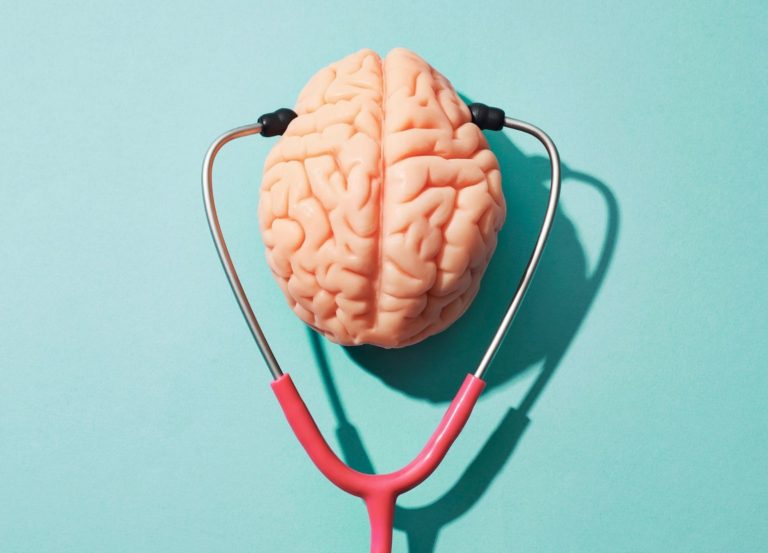Mental illness also known as mental health disorder are wide range of disorders which include changes in mood, thinking, behaviour, personality, emotions. And is associated with social, emotional and psychological well being.
1st I am going to mention the mental disorders that affect the heart;
What sort of mental illness affect heart?
Anxiety: Anxiety is our body’s reaction to stress. Anxiety has 2 component physiological and psychological. The physiological component includes palpitations, tremor, sweating, increased respiratory rate and the psychological component include worry and constant fear.
Major Depression: It is a mood disorder in which the symptoms persist for at least 2 weeks and differ from person’s previous level of functioning. Anhedonia ( loss of interest ) is the main feature of depression.
Schizophrenia: It is a chronic thought disorder characterized with hallucinations, delusions and impaired ability to interpret with reality.
How mental illness is connected to heart diseases?
People with severe mental illness are more likely to develop and die from cardiovascular disease (CVD) than those without mental health issues, according to a review of more than 100 studies. Reference from “
The mental disorders like depression, anxiety, Post traumatic stress disorder ( PTSD) have physiological effects on body that is increased heart rate, which increases the cardiac output and in turn peripheral vascular resistance increases which leads to increased blood pressure and decreased blood supply to the heart. All these effects also indirectly affect the blood vessels by increasing calcium deposition in blood vessel wall and causes much more problems to heart. The sufferers of anxiety and depression have smoking and alcohol consumption habits and unhealthy lifestyle which also affects the blood vessels and the heart leading to cardiovascular diseases and at the end death.
How to Prevent Heart diseases in people with mental illnesses?
People with mental illnesses must talk to their therapist. And the psychotherapist has to:
- Setup a multidisciplinary team that include psychiatrists and cardiologists.
- Address the mental disorder as early as possible.
- Psychoeducation of patient which means teach the patient about the cardiovascular risk factors of ongoing mental illness.
- Help the patient in improving healthy behaviour ( e.g. quite smoking, cessation of alcohol consumption, exercises on daily basis and increase physical activity )
- Monitor heart diseases and evaluate the risk factors and decrease the dose of medications of mental illnesses which have heart related side effects.
